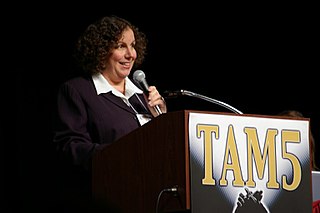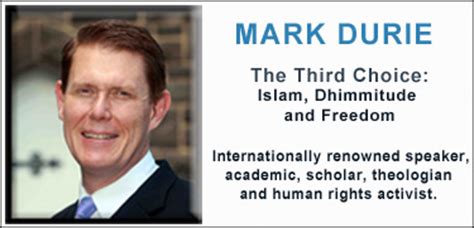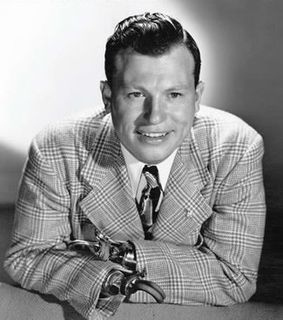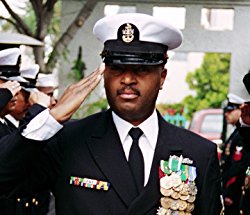A Quote by Lori Lipman Brown
Regardless of whether or not you belong to a majority religion, in the United States you may not impose your theology on civil law.
Related Quotes
The Thirteenth Amendment to the Constitution of the United States was enacted in 1865 by martial law. The Fourteenth Amendment was enacted in 1868 by martial law. The Fifteenth Amendment was enacted in 1870 by martial law. Military occupation of the Southern states did not end until 1877, twelve years after the end of the Civil War.
We only have one penal code in the United States, and it applies in every single state, every city, no matter who is there. This is part of the fear mongering, that has gripped the United States, the notion that we need to pass a law forbidding the institution of a foreign Law in the United States when it is forbidden by the constitutions is yet another example of targeting Muslim communities because they are seen as different, or exceptional in other ways.
The harsh fact of the matter is that this nation has not remotely come to grips with how many of its laws are rooted in slavery and bigoted oppression. After the Civil War, the United States never said, 'Let's examine every law and policy and system and structure we have to evaluate whether or not they were created as a tools of oppression.'
I consider the government of the United States as interdicted by the Constitution from intermeddling with religious institutions, their doctrines, discipline, or exercises. This results not only from the provision that no law shall be made respecting the establishment or free exercise of religion, but from that also which reserves to the States the powers not delegated to the United States. Certainly, no power to prescribe any religious exercise or to assume authority in any religious discipline has been delegated to the General Government. It must then rest with the States.
I believe that the overwhelming majority of Puerto Rico wants to be Puerto Ricans. I have been in five different states in the United States, and I have found young Puerto Ricans in the states who really love Puerto Rico, who really want to do something for Puerto Rico. And for me, Puerto Rico has to be the promised land of all Puerto Ricans, whether we are in the United States or wherever we are at. But this has to be the promised land. Annexation will never be the answer.
California, like anywhere else on Earth, should have the right to secede whether the United States likes it or not. The preferences of the other 49 states and Washington DC is not relevant. That was the position of the United States government on Yugoslavia and other places around the world but not on Ukraine. However, morality and the law as I understand it are that any people should have the right to leave, just as explained in the initial words of the US Declaration of Independence.
National law has no place in cyberlaw. Where is cyberspace? If you don't like banking laws in the United States, set up your machine on the Grand Cayman Islands. Don't like the copyright laws in the United States? Set up your machine in China. Cyberlaw is global law, which is not going to be easy to handle, since we seemingly cannot even agree on world trade of automobile parts.




































